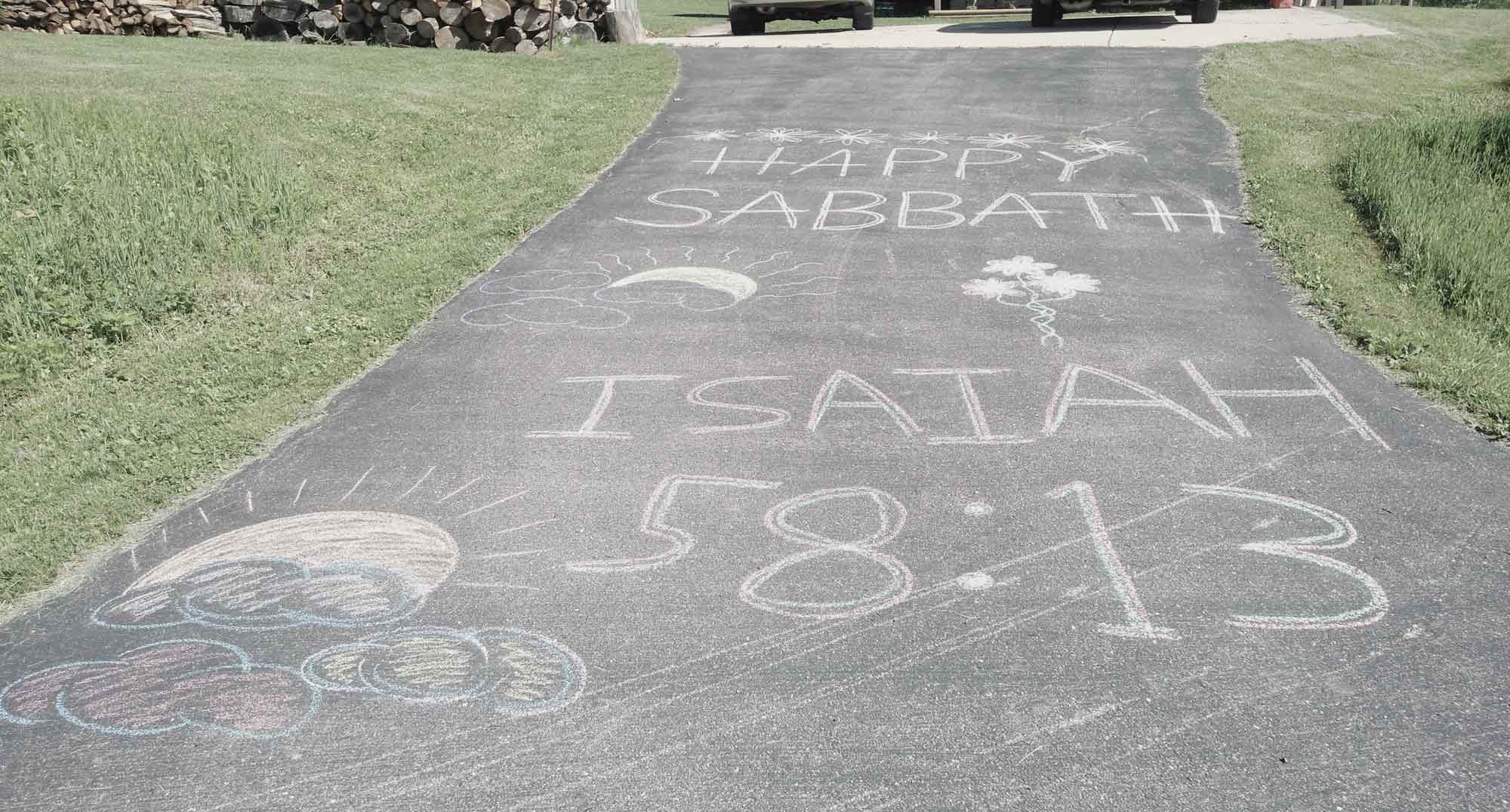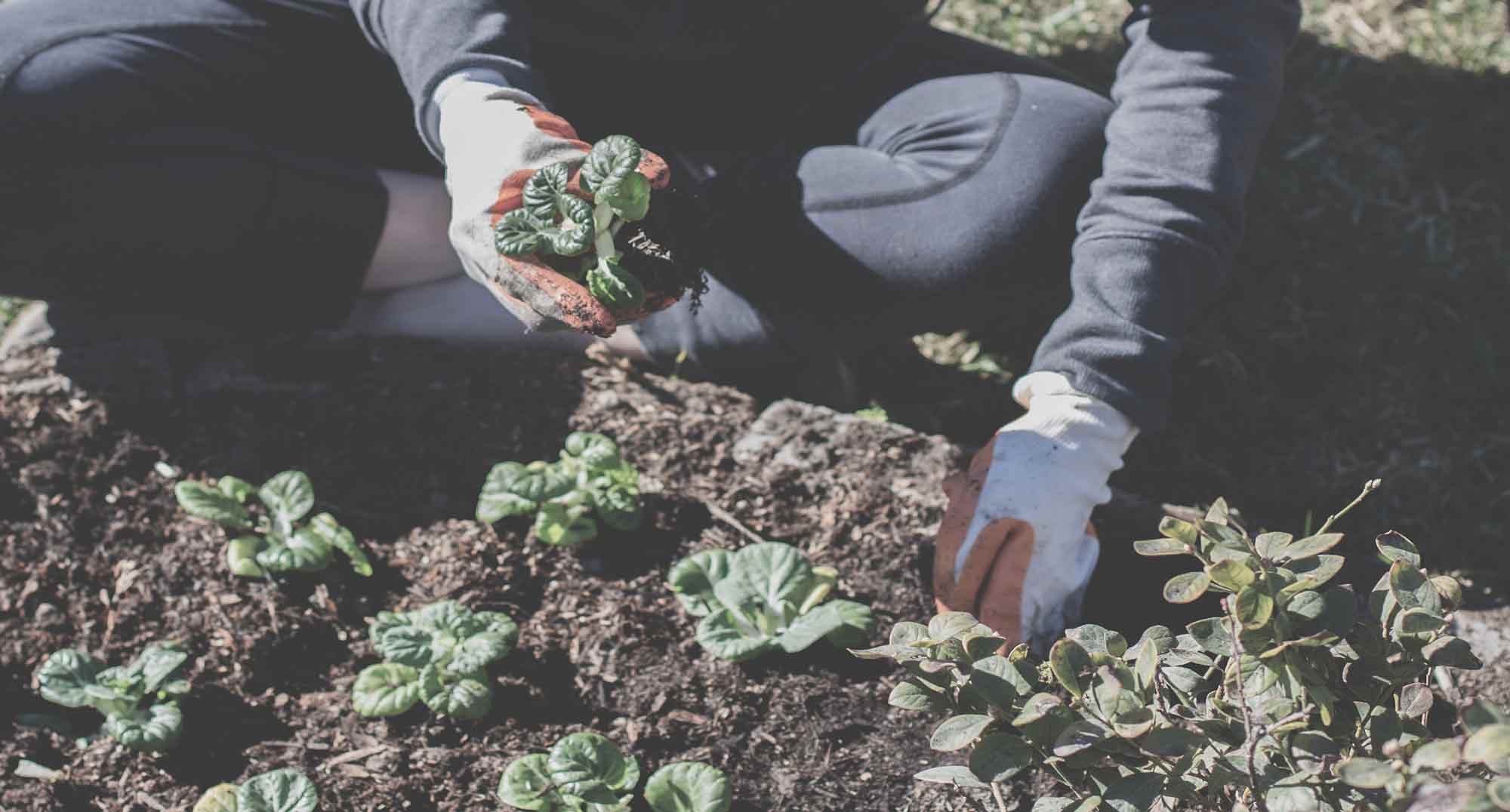The Sabbath is a Womb
LEAH FARISH|GUEST I once started a list with just the title, “What I accomplish on the Sabbath” —and those words lay on a big blank page. Actually, that captures most of my point. At least in the world’s eyes, Sabbaths don’t accomplish very much, and I think that’s fine. How did I get comfortable with such scandalous unproductiveness? In college I was dating a Christian who decided to “keep the Sabbath.” What that meant to him was, no studying on Sunday. I had a choice of either mirroring that schedule or being out of sync with him. So I quit “working” on Sunday. Eventually I fell out of love with the guy, but I fell in love with the Sabbath. What won me over was this passage from Isaiah 58: “If because of the sabbath, you turn your foot From doing your own pleasure on My holy day, And call the sabbath a delight, the holy day of the Lord honorable, And honor it, desisting from your own ways, From seeking your own pleasure And speaking your own word, Then you will take delight in the Lord, And I will make you ride on the heights of the earth…." I was intrigued by the reward offered for keeping the Sabbath: that I would take delight in God. I was tantalized at the idea of increasing my enjoyment of Him, and amazed that it could happen as a result of doing something—or rather, not doing things. After all, the passage indicates as much “negative” obedience as positive action...


